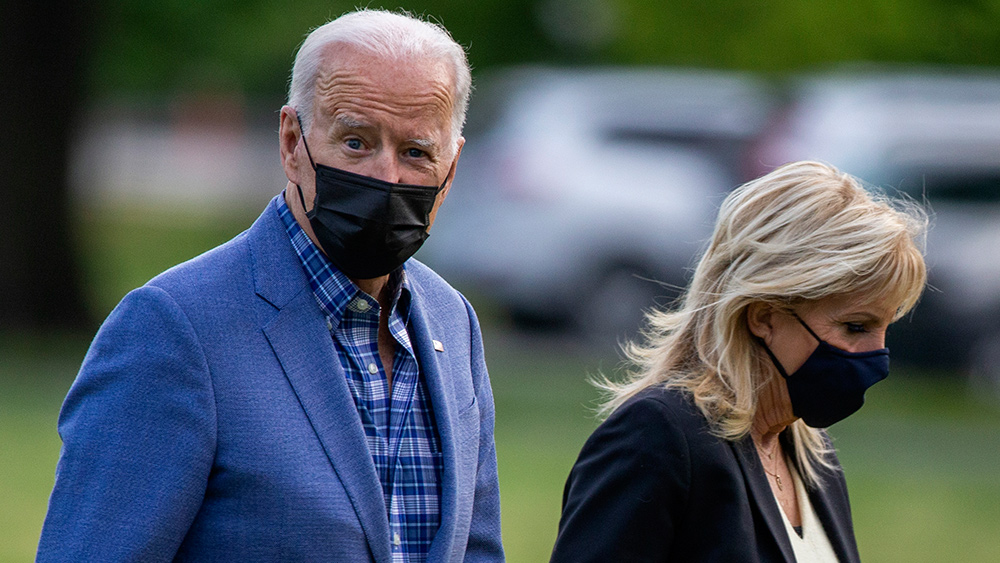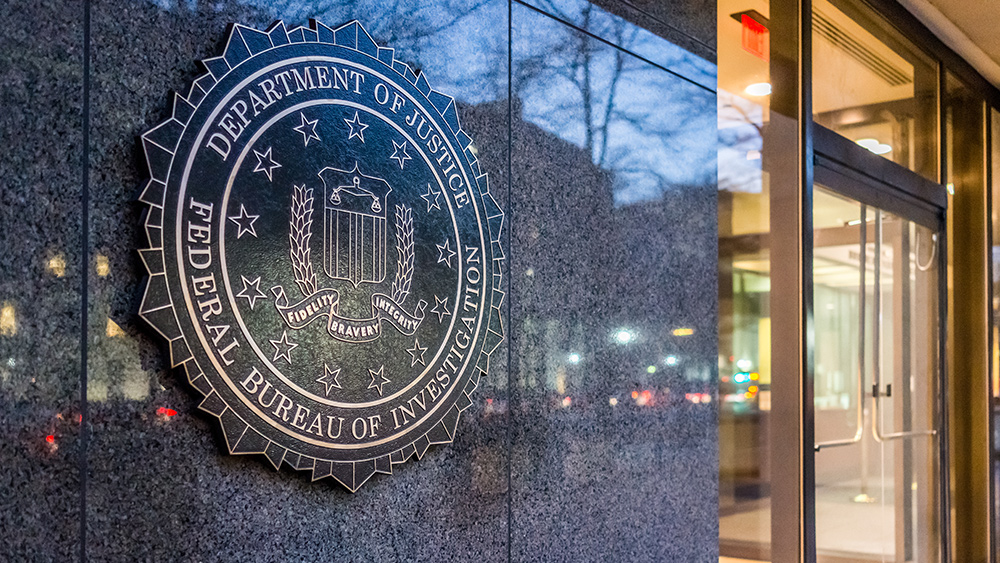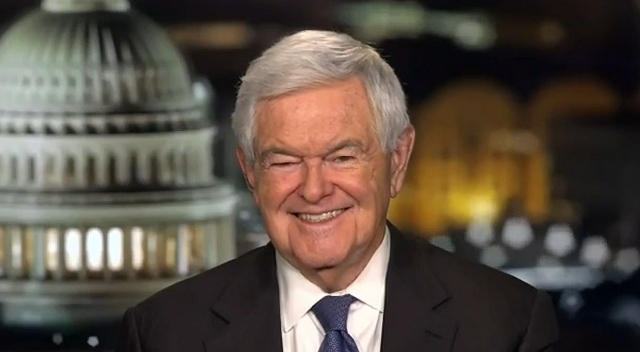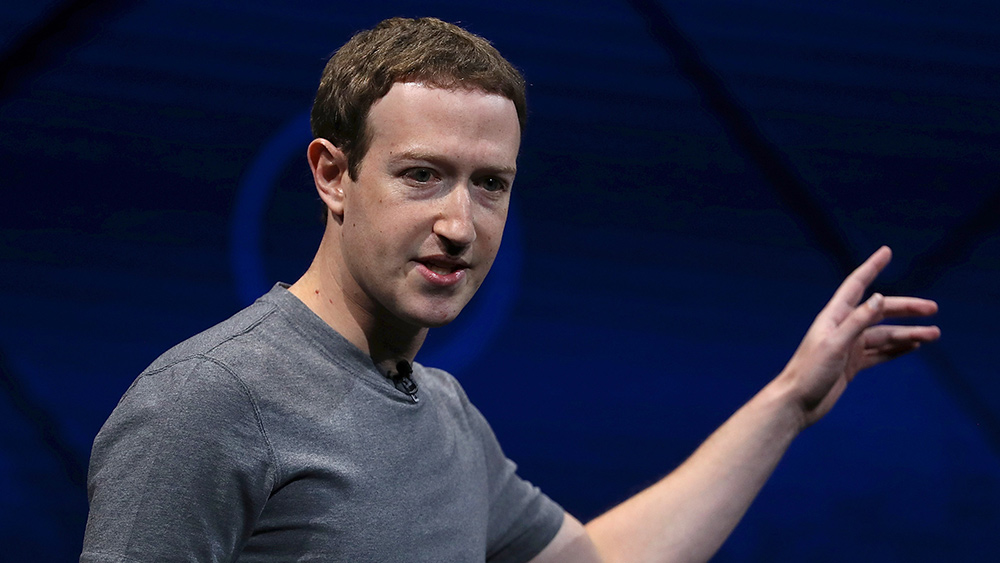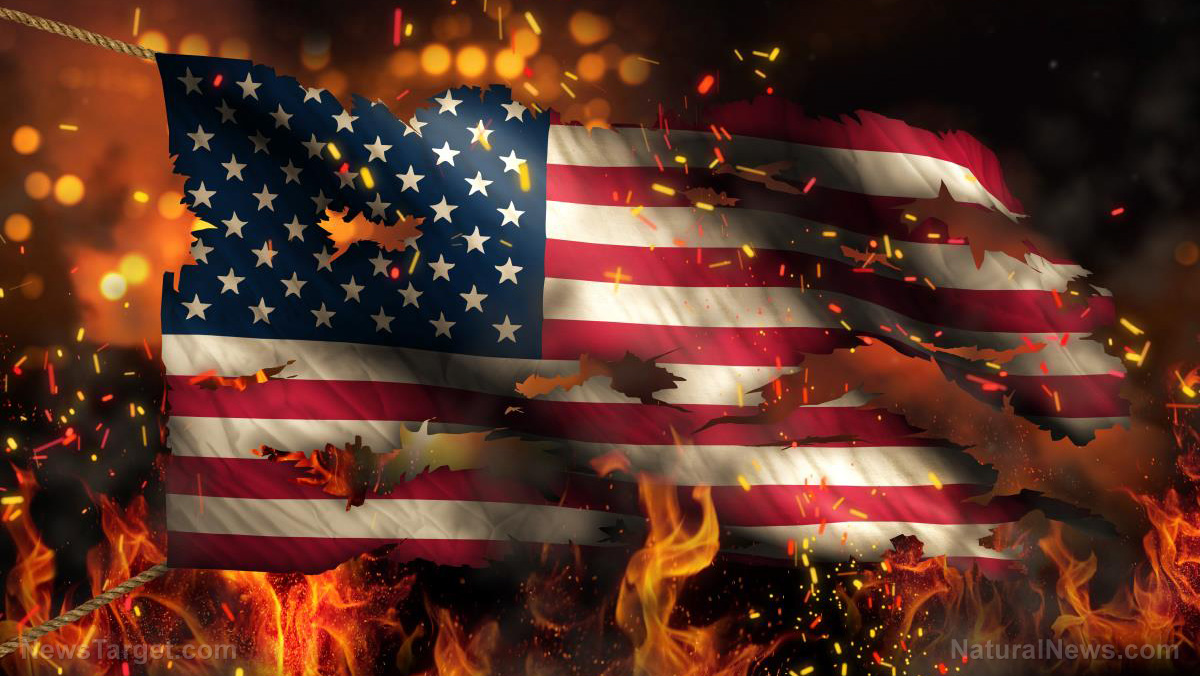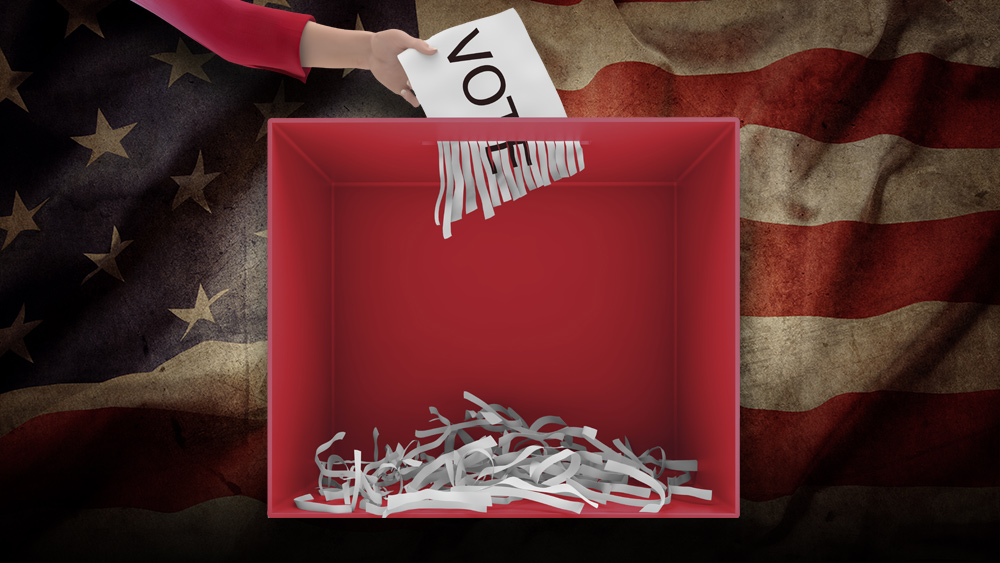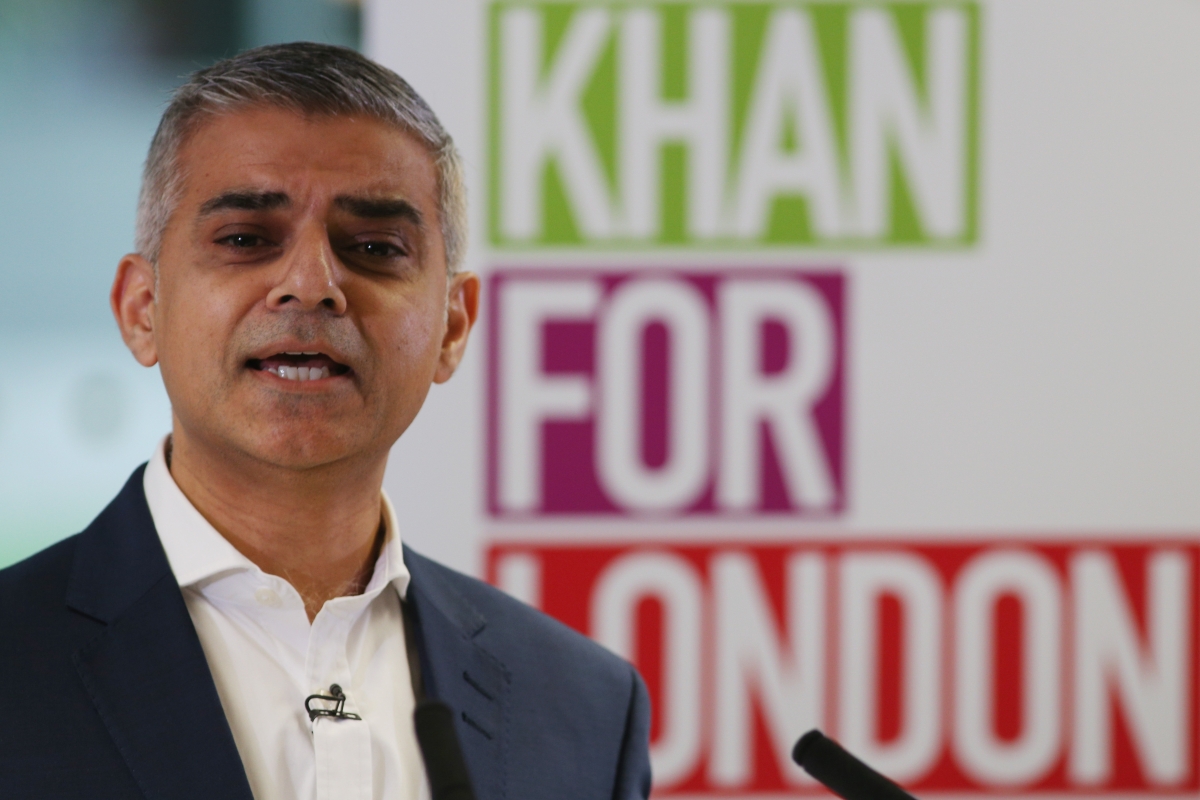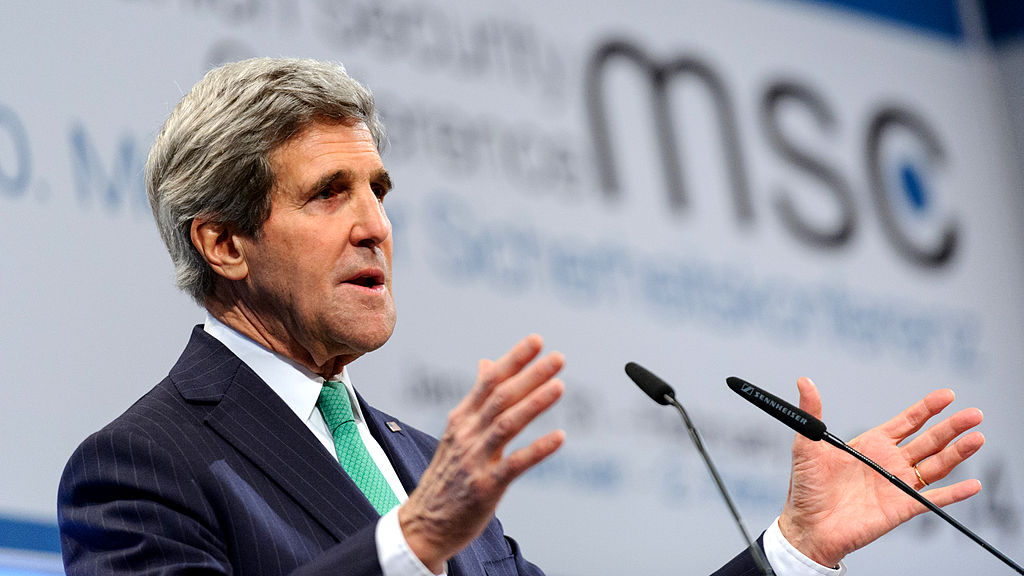US signs defense pact with Papua New Guinea to counter China’s growing influence over Pacific nations
05/25/2023 / By Arsenio Toledo

The United States has secured a defense cooperation agreement with the Oceanian nation of Papua New Guinea as Washington attempts to push back on China’s growing influence in the Pacific.
Secretary of State Antony Blinken, standing in for President Joe Biden, signed the new security pact along with P.N.G. Prime Minister James Marape and Minister of Defense Win Bakri Daki on Monday, May 22, at the country’s capital of Port Moresby.
P.N.G.’s proximity to Australia and many Pacific island nations make it strategically significant, and China and the U.S. have been competing for influence over the country, much like they are competing for influence in other parts of the globe. (Related: Generals warn of aggressive Chinese military expansion into Latin America.)
The full text of the U.S.-P.N.G. defense pact has not been made public, but Blinken claimed it would enable the U.S. to support P.N.G. as it strives to build up the abilities of its own armed forces, the Papua New Guinea Defense Forces, as well as increase regional stability, help provide aid during disasters and support efforts to tackle illegal fishing.
“The work that we’re doing together to try to shape the future could not be more important, could not be more timely,” said Blinken. “We’re deeply invested in the Indo-Pacific because our planet’s future is being written here. Papua New Guinea is playing a critical role in shaping that future.”
Along with the defense pact, the U.S. also signed a maritime agreement with P.N.G., which will allow the U.S. Coast Guard to partner with the nation to counter illegal fishing and seaborne drug smuggling.
PNG being pressured by China, local leftists to move away from US influence
Marape has been facing extreme political pressure over the defense pact ever since rumors of its creation were revealed just one week ago.
Particularly, local Papua New Guinean youth and leftist activists held protests at campuses against the signing of the Defense Cooperation Agreement after a leaked draft of the agreement suggested that the U.S. would use military facilities in the nation, raising the prospect of more U.S. personnel being stationed in Papua New Guinea.
Furthermore, complaints were raised about the possibility of U.S. service members being subject to American military courts rather than the nation’s own justice system.
Naomi, 17, a student, told the Associated Press that she was against the security pact because it would allow the U.S. to come and go as it pleased without permission. Meanwhile, she claims China has been a big help to P.N.G., building roads and funding schools.
“The U.S. didn’t help us with aid and other things,” said Naomi. “They’re just trying to sign the agreement.”
Local politicians also warned that the agreement might undermine the nation’s relationship with China, which has become a major investor in P.N.G.’s infrastructure.
As of press time, China has yet to comment on the signing. However, upon hearing news of Blinken’s impending visit, the communist nation did warn the U.S. against the introduction of “geopolitical games.”
Marape even had to stress to reporters that P.N.G. was not in any way forced into signing a defense agreement with the United States.
“I just want to stress this point: It wasn’t shoved down on our throat. It wasn’t forced upon us. It was a mutual agreement,” said Marape. “Our defense force needs to be stepped up and supported.”
Marape further emphasized that the defense pact “in no way breaks or encroaches” upon P.N.G. legislation nor does it affect the country’s relationships with other regional powers.
“It does not affect – whether in China or Australia or the United Kingdom or Japan or India or any other nation, for that matter – this agreement does not in any way, shape or form stop Papua New Guinea from continuing to do business with those we do business with,” he said.
Marape added that the new defense pact was necessary to sign because it updates and overhauls the country’s previous defense treaty with the U.S., the 1975 Visiting Forces Act, into one that is “exclusive for U.S.-P.N.G. military cooperation and military engagements and partnership.”
While it provides updates to the 1975 act, Marape stressed that the agreement is subsidiary to it and does not replace it.
Biden, who was called back to Washington, D.C. over protracted negotiations with House Republicans over the debt ceiling, has invited Marape to the White House later this year so they can continue discussing various issues, including trade and economic times, defense and maritime security.
Learn more about China’s latest activities around the world at CommunistChina.news.
Watch this news broadcast from WION News discussing Japan’s $75 billion plan to counter China’s growing influence over the Indo-Pacific region.
This video is from the channel Chinese Taking Down Evil CCP on Brighteon.com.
More related stories:
Canada expresses intent to join the anti-China AUKUS military bloc.
US warns China about plans to increase military drills in South China Sea region.
Taiwan to buy 400 American anti-ship missiles as China continues to threaten the island nation.
Australia to buy up to 5 nuclear-powered submarines from the US – and China isn’t happy about it.
China set to have PERMANENT presence near Australia via deals with South Pacific nations.
Sources include:
Submit a correction >>
Tagged Under:
Antony Blinken, China, communism, conspiracy, defense pacts, foreign relations, James Marape, military, national security, Papua New Guinea, politics, White House, World War III
This article may contain statements that reflect the opinion of the author
RECENT NEWS & ARTICLES
COPYRIGHT © 2017 BIG GOVERNMENT NEWS

